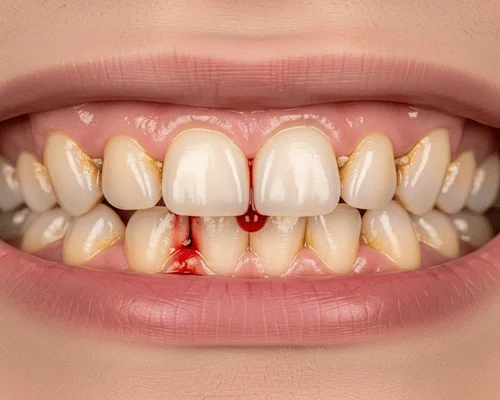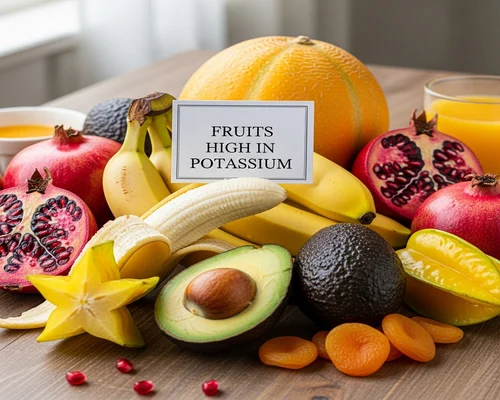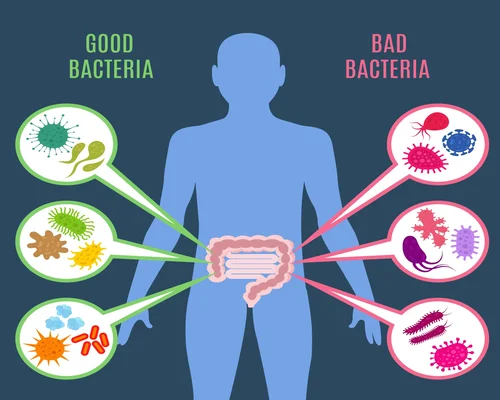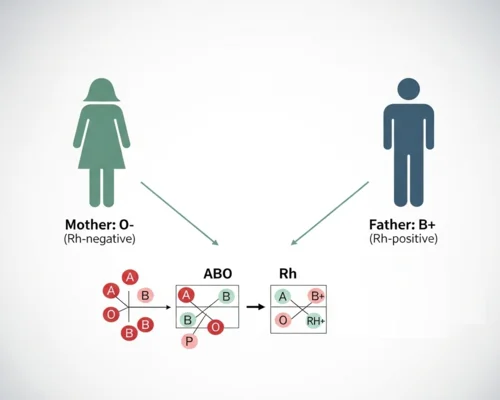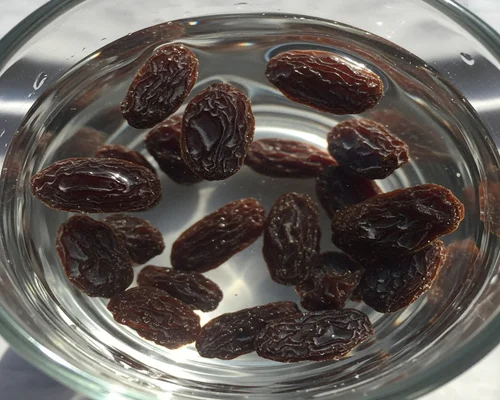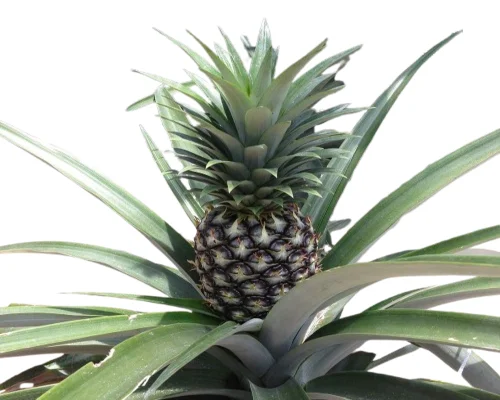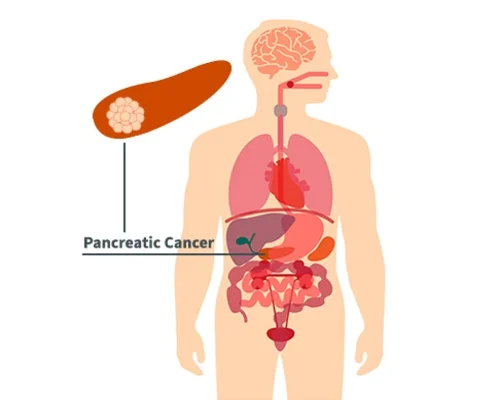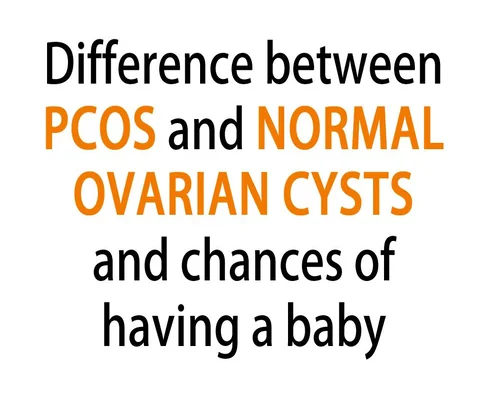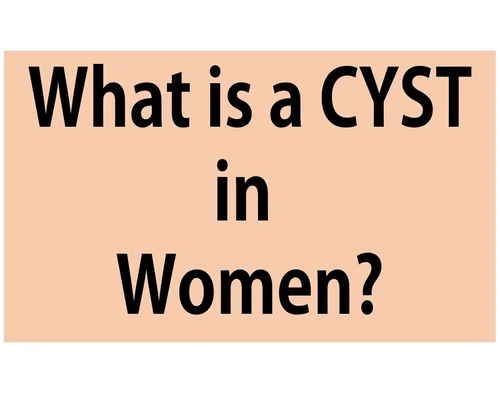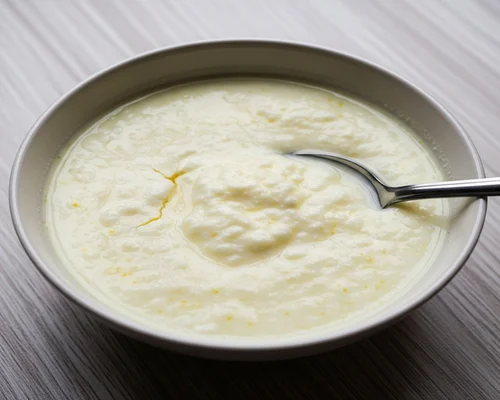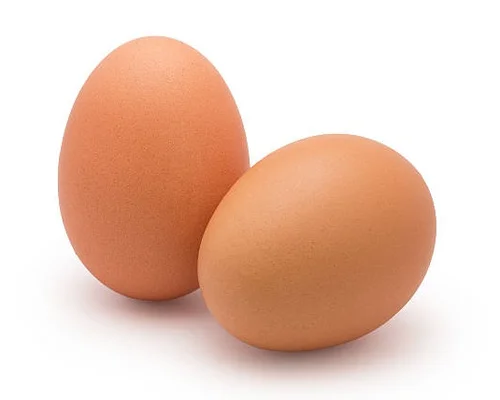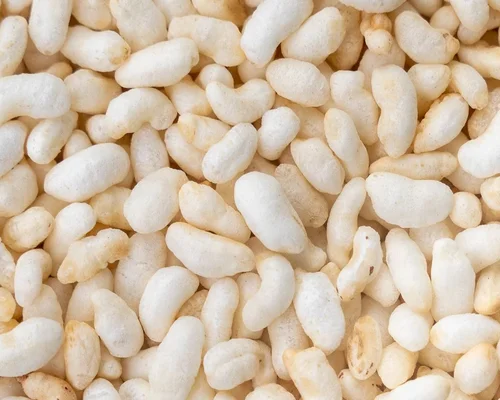
Advantages and Disadvantages of Eating Muri (puffed rice)
Advantages and Disadvantages of Eating Muri
Muri (puffed rice) is a very popular food, especially as a snack or light meal. It is easily digestible and affordable. However, it has some advantages and disadvantages:
Benefits of Eating Muri:
1. Light and easily digestible : Muri is very light and easily digestible, so it is suitable for patients or people suffering from gastric problems.
2. Low in calories and fat : Since it is not fried, it does not contain fat, so those who want to lose weight can eat it.
3. Provides quick energy : Muri contains a lot of carbohydrates, so it provides quick energy - so eating it in the morning or afternoon gives instant energy.
4. Regular consumption reduces constipation : It contains some fiber that helps in digestion.
5. Safe for diabetics (in limited quantities) : You can eat plain Muri occasionally because it has a light glycemic load.
Disadvantages of Eating Muri:
1. Protein and vitamin deficiencies-Muri is low in protein, iron and other micronutrients. Eating it as a single meal can lead to nutritional deficiencies.
2. May cause a rapid increase in blood sugar levels-Eating it in large quantities can cause a sudden increase in blood sugar levels, especially if it is a sweet or sugary muri.
3. Does not provide long-lasting nutrition even after the stomach is full-Muri is digested quickly, so it does not provide lasting energy for a long time even after the stomach is full.
4. Processed muri contains preservatives-Marketed muri sometimes contains preservatives or extra salt.
How to eat muri nutritiously:
Muri is nutritious and delicious when mixed with tomatoes, onions, coriander leaves, nuts and boiled chickpeas. Curd and muri: It aids digestion and is a healthy snack.
Conclusion:
Muri can be a healthy light meal if eaten properly. However, it should not be eaten as an additional or single meal. For balanced nutrition, it is best to eat it in a balanced way with other foods.

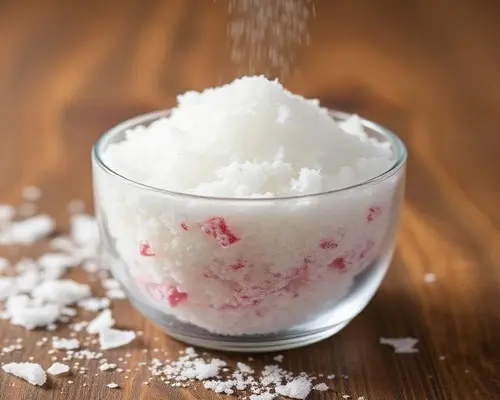


-vegetable.webp)
